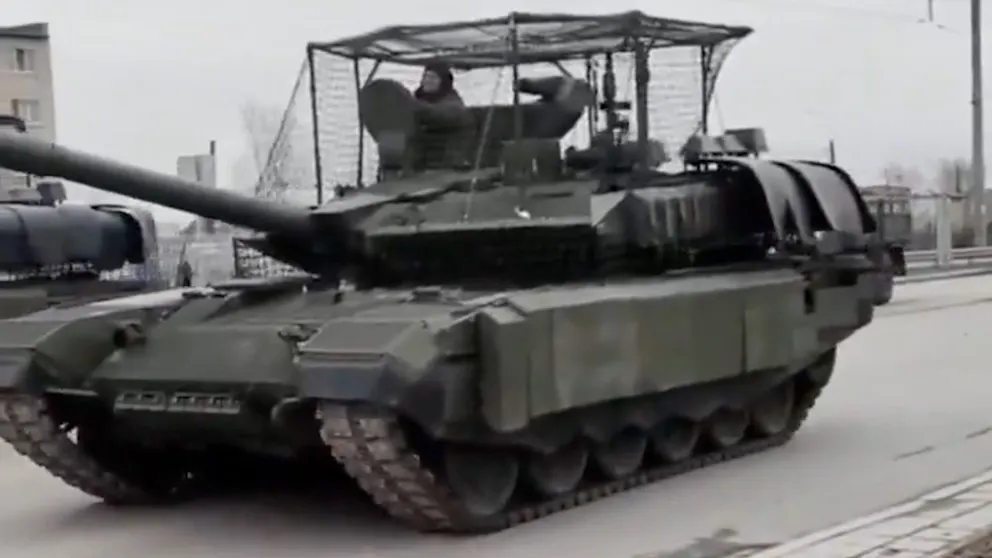Slovakia’s Prime Minister Robert Fico doubled down on plans to attend Moscow’s Victory Day celebrations on 9 May, dismissing EU calls for leaders to boycott the event amid the war in Ukraine.
The defiant stance underscores deepening divisions within the bloc over engagement with the Kremlin. Fico rebuked EU foreign policy chief Kaja Kallas after she urged member states to avoid the Moscow parade and instead send representatives to Kyiv.
I am going to Moscow on 9 May. Is Mrs Kallas’s warning blackmail or an announcement that I will be punished on my return from Moscow? I don’t know, but I do know that the year is 2025, not 1939.
The Slovak leader emphasised that the Kallas warning “confirms that we need a debate in the EU about the nature of democracy.”
Mrs Kallas, I would like to tell you that I am the legitimate Prime Minister of Slovakia – a sovereign country. No one can tell me where I should or should not travel. I will go to Moscow to pay my respects to the thousands of Red Army soldiers who died in the liberation of Slovakia.
Fico also underscored that he had previously “paid my respects to the victims of the Normandy landings, or the Pacific landings” in a similar manner, adding that he was “one of the few in the EU who has spoken constantly about the need for peace in Ukraine.”
Kallas had earlier threatened member states and candidates for EU membership that participating in the Victory Day parade in Moscow on 9 May would have consequences, according to the EU official website.
Any participation in the 9th of May parades – or celebrations – in Moscow will be not taken lightly on the European side.
Meanwhile, Serbian President Aleksandar Vučić said last month he had spoken with his Russian counterpart Vladimir Putin and planned to attend the parade. However, Turkey’s President Recep Tayyip Erdoğan, who has attended in previous years, is unlikely to go this year as he is expected in Washington in early May.
What could be shown at Victory Day parade
Russian troops reportedly held a dress rehearsal for a military parade in Yekaterinburg a month before 9 May. German journalist Julian Röpcke from Bild noted that, according to the leaked footage of the dress rehearsal, Moscow would demonstrate not the traditional military equipment, but the one deployed in the war in Ukraine.

Among the vehicles captured in the footage were six battle tanks equipped with metal shielding nets and electronic warfare equipment to combat drones. Russian forces might also display bridge-laying vehicles, tanker trucks and mine-clearing drones to demonstrate improved logistics.
Military expert note that a parade featuring such equipment could send a signal to Europe that Russia’s defence industry is adjusted and ready for further conflicts in case of escalation by the countries advocating the continuation of hostilities in Ukraine, despite the diplomatic efforts launched to end the crisis.
